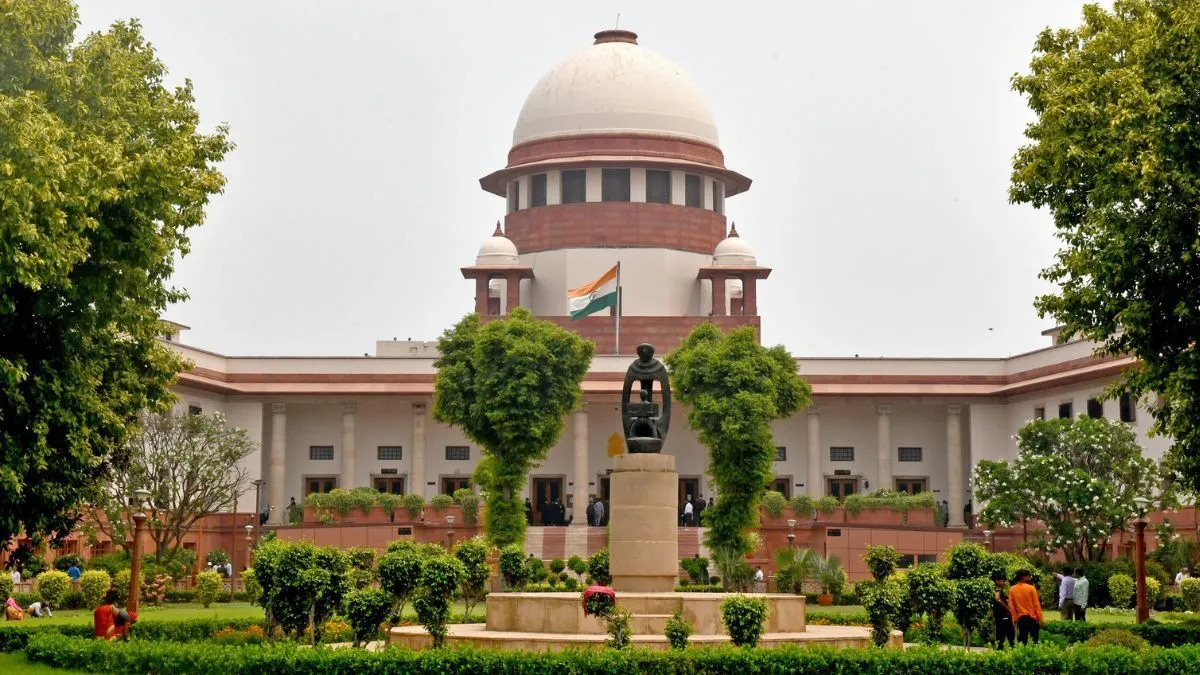- By Nidhi Giri
- Fri, 29 Aug 2025 02:44 PM (IST)
- Source:JND
The Supreme Court was informed by the central government on Friday that a “system racket” is operating in West Bengal and other regions in the case of the Rohingyas. The top court was observing pleas challenging the detention of Bengali-speaking Muslim migrants indifferent states on suspicion of being foreign nationals.
“I have a request, can this be heard with the Rohingya case? We have also filed a reply there. There is a systematic racket, along with the Rohingyas. Several terrorist organisations have also infiltrated," said Solicitor General Tushar Mehta, appearing for the Centre, as quoted by a News18 report.
A bench of Justices Surya Kant and Joymala Bagchi then asked if people were being identified on the basis of language.
“There are two crucial issues: one is the security and integrity of the nation, and that is a paramount one. The other question is of legacy and common culture. In both Punjab and Bengal, the language is the same, and there is a division along the border. We want you to clarify your stance," the bench said, as per the report.
“Why don’t individuals come? This is a problem. India is not the world’s capital for the world’s illegal immigrants. There is a system. They will have to satisfy justifiable legal presence in India,” SG Mehta remarked, asking why associations come to the apex court and not those affected.
Appearing for the petitioner, Advocate Prashant Bhushan informed the Supreme Court that a woman was asked to leave India without verifying her nationality.
“She is pregnant. Just because she speaks Bengali, they are claiming that Bengali is a Bangladeshi language. How can any authority in this country push a person across the border without first determining if they are a foreigner? There has to be some agreement with the Bangladesh government, and doing so goes against international law," he said.
